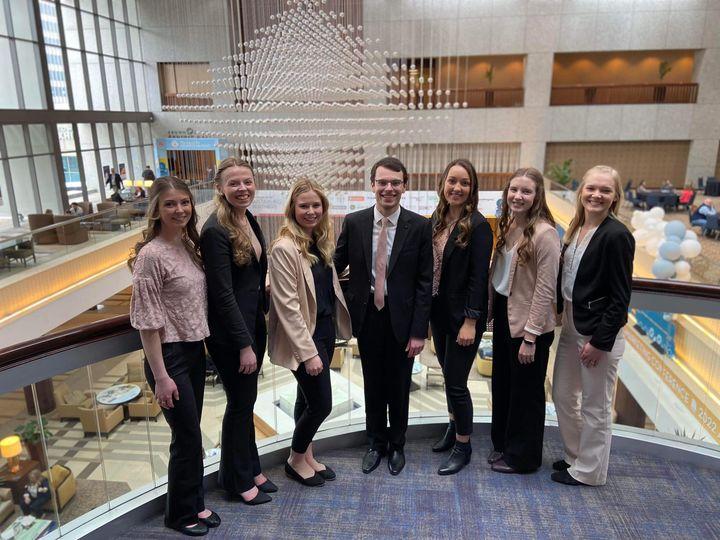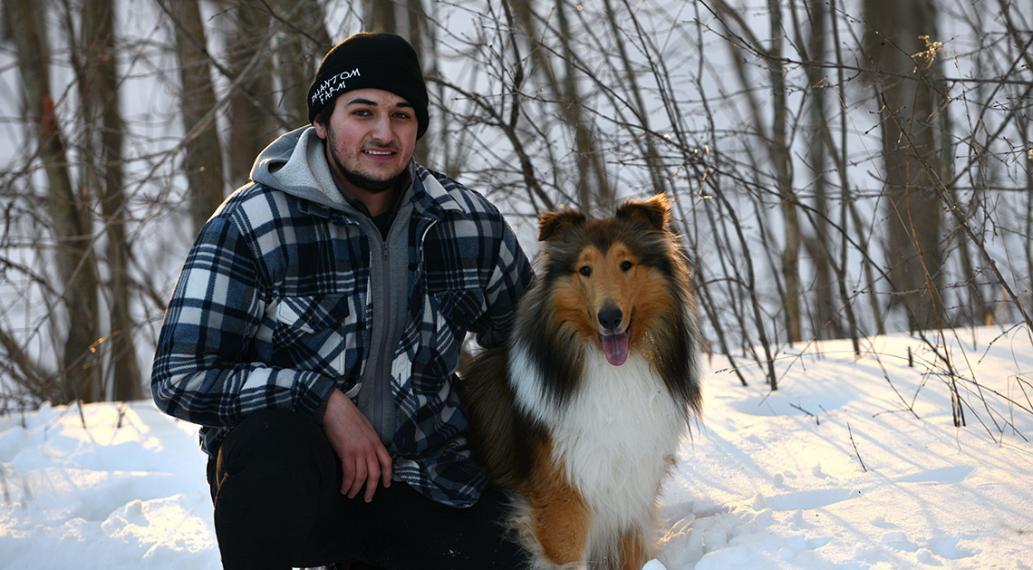Our Sympathies: James Rude
It is with sympathy that we share the passing of James Rude (PhD ’93) on May 6, 2022. James completed his PhD in agricultural economics in the Department of Food, Agricultural and Resouce Economics. His obituary is available here.

